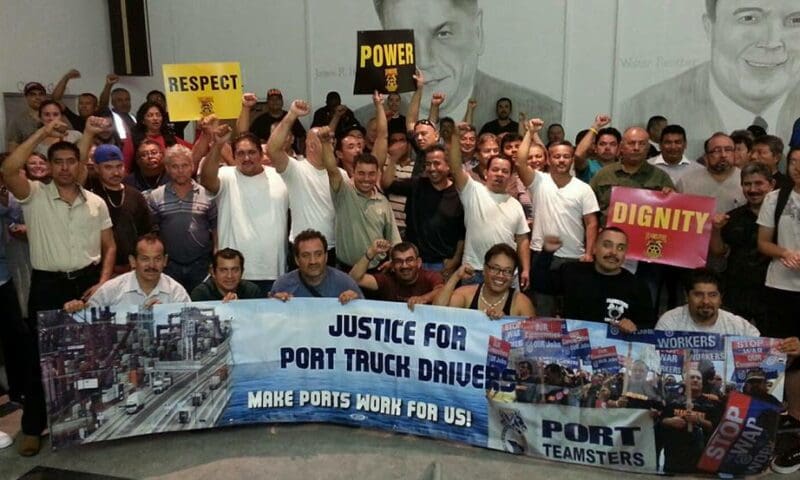

Historians may remember 2015 as the year of the minimum wage — and for good reason. Twenty-one states and multiple cities raised the minimum wage in the past 12 months, scarcely two years after the “Fight for $15” was dismissed as a pipe dream by some observers. The past year also saw other major advances for working Americans. Here are ten of the most important:
1) Bottoms Up: L.A. Minimum Wage Increase Caps Historic Year for Low-Wage Workers
This summer the City of Los Angeles enacted the most far-reaching minimum wage increase of any municipality in America. L.A. County did the same soon after, which means that over the next five years nearly one million people will see their pay rise to $15.37 an hour. They will also be covered by some of the strongest wage theft protections in the nation, ensuring they actually get the increases mandated by law.
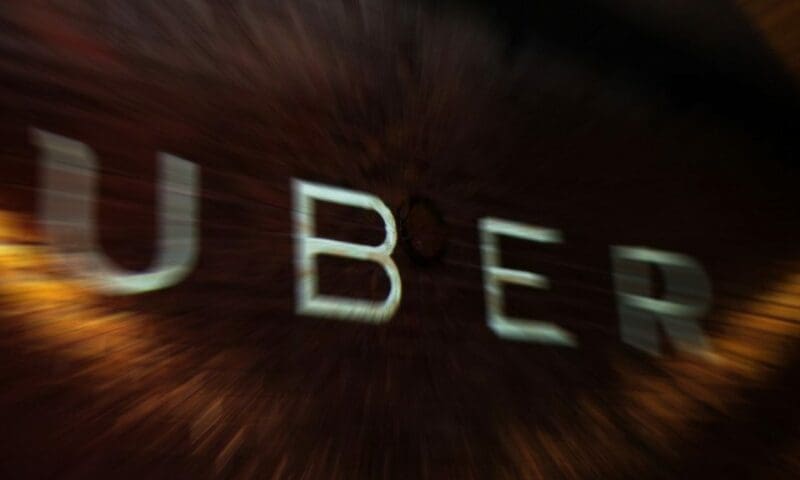

Traveling to and from Israel to take care of his cancer-stricken dad caused Ari Gottlieb to leave a full-time job in sales. As a result, the 37-year-old Los Angeles resident sought “on-demand” employment as an Uber ride-share driver in March 2013. Gottlieb told Capital & Main by phone that he provided nearly 3,000 rides to Uber customers before the company permanently “deactivated” (e.g., fired) him in August 2014.
Deactivation severs drivers’ connection to Uber’s app-based platform. Without that digital access to passengers, drivers are unable to earn income.
“The company contended that I was canceling customer requests for rides,” Gottlieb said. “It was true, but I didn’t have a choice, due to traffic, where I was and the location of the request. I hoped that the customers got a closer driver. Spending 30 minutes driving for a one or two-mile Uber customer trip didn’t make sense.”
Gottlieb labored as an independent contractor,
» Read more about: A Clash of Conveniences: Uber’s "Deactivation" of Drivers »


Twenty-six-year-old Takele Gobena is part of the “on-demand” economy, working full-time as a driver for Uber and part time for Lyft. The Ethiopian immigrant quit his job at the Seattle-Tacoma International Airport and purchased a new car to drive for the ride-hailing firms, believing it would make him a better provider for his one-year-old daughter. Instead, Gobena now finds himself in debt and, after expenses, making well below minimum wage. But because Uber and Lyft drivers are classified as independent contractors, Gobena is not protected by minimum wage laws.
Gobena’s plight is an increasingly familiar one. A new report from the National Employment Law Project, “Rights on Demand: Ensuring Workplace Standards and Worker Security In the On-Demand Economy,” highlights the problems so many on-demand workers face: “Characterizing workers as non-employees has serious negative consequences for them: non-employees have no statutory right to minimum wage, overtime pay,
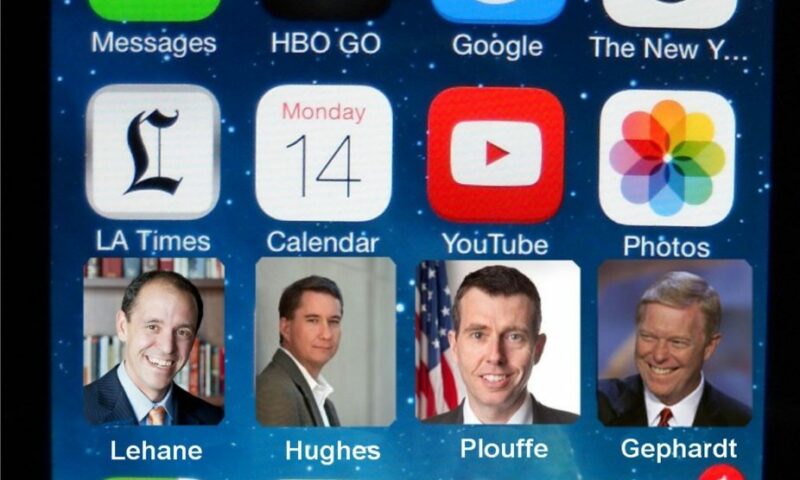

It was 2008 and presidential hopeful Barack Obama was inspiring millions of people with his promise to disrupt politics as usual – and a new startup called Airbnb was turning that enthusiasm for change into millions of dollars. Denver, the site of that year’s Democratic National Convention, was expecting 80,000 people to come watch the senator from Illinois accept his party’s nomination. The city had space for less than half.
“Obama supporters can host other Obama supporters,” is what CEO Brian Chesky recalls thinking to himself. In a profile of the company, the Huffington Post notes how that idea was turned into cash. “Airbnb, which lets users rent out part or all of their homes, blasted bloggers in Denver with company information.” It “sold ‘Obama O’s’ cereal around town,” garnering news coverage as “an innovative solution to the city’s lodging crisis.”
Founded in 2007, Airbnb is today valued at more than $25 billion and the for-profit sharing economy it helped usher in is no longer so new.
» Read more about: The Sharing Economy's Liberal Lobbyists »
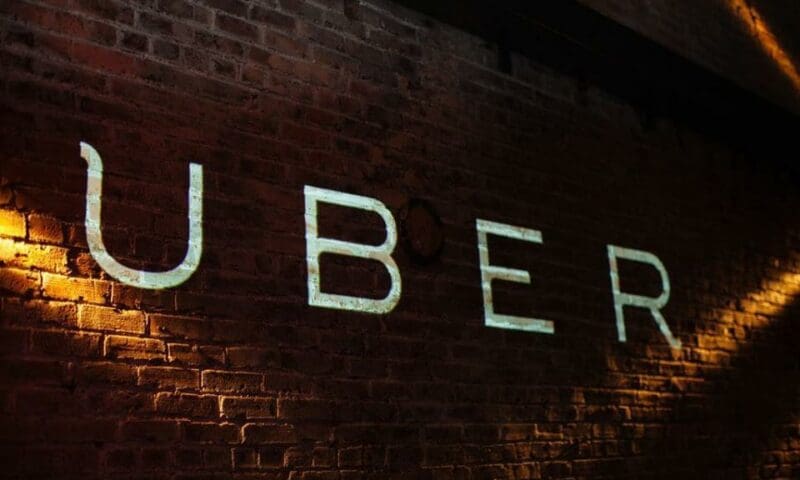
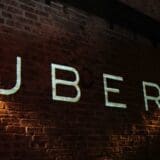
Like a charismatic politician whose flaws have yet to be exposed, the so-called sharing economy enjoyed a meteoric rise to fame and success. Uber, Lyft, Airbnb — these companies emerged seemingly from nowhere to become economic and cultural powerhouses, and to challenge the prevailing structure of their respective industries.
But 2015 has not been as kind to Uber and its brethren, as the fascination with a new business model has given way to serious concerns over everything from public safety to worker exploitation to unfair market monopolization. In some ways this is not surprising — the honeymoon for startups can be notoriously brief.
But something larger is at play here. In the age of rampant income inequality, the overhyped promises of the sharing economy are running headlong into a growing desire by Americans for a caring economy.
There’s a reason why even Republican presidential candidates,
» Read more about: Uber and Airbnb: A 'Sharing' Economy for Whom? »


If you try to play Monopoly with a two year old, you will not win.
Sure, you may be better at buying up property, building hotels and following rules about when to pass Go – good on you. But when the two year old decides he’s playing a different game, like Throw the Entire Board at the Adult, that game and its goals will absolutely trump yours.
Disruption went from Silicon Valley buzzword to cliché years ago, but it persists as an operational goal for countless tech startups and their investors. (See Judith Shulevitz’s excellent 2013 exploration of the term.)
We still see such supercharged words as reinvent, reimagine and revolutionize as investors search for the next “unicorn” – the term for a startup valued at more than $1 billion.
» Read more about: Do Unicorns Play Monopoly? Ask Uber and Amazon »